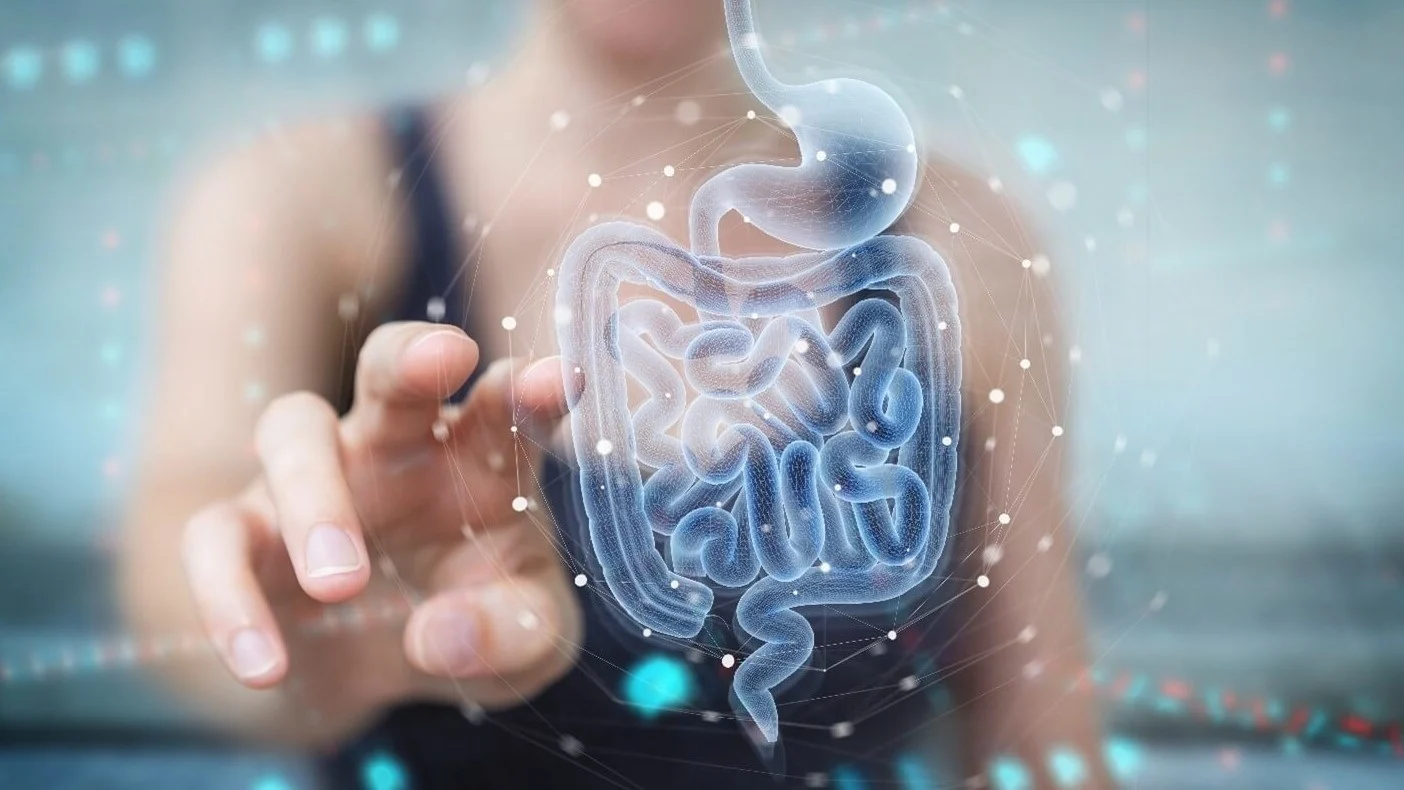Your gastrointestinal (GI) tract conducts the necessary digestive functions, letting you absorb nutrients from food and dispose of the waste product.
So that it may digest and utilize the food you consume, your body has a remarkable system referred to as the gastrointestinal or GI tract. At GI Alliance Illinois, we focus on the maintenance and wellness of this essential body system. Our objective is to help you have a deeper understanding of your gastrointestinal health, and our physicians address a broad range of digestive diseases and conditions. If you’re looking for a gastroenterologist in Illinois, our offices can help you find digestive health physicians in your area. Read on to discover more about the gastrointestinal tract and its importance to your health.
What is the GI system?
The digestive tract is composed of a number of linked organs that carry and break down the food you eat. By way of mechanical and chemical digestive factors, these organs reduce food into its most simple components so your body is able to extract the nutrients it requires and get rid of the waste products. The digestive tract is made of hollow organs, including the esophagus, stomach, small bowel, and large bowel, that store and propel nutrients through the body. Additionally grouped in the intestinal system are the pancreas, liver, and gallbladder. These organs hold and create digestive enzymes and fluids in addition to performing other functions.
What makes up the digestive tract?
There are several parts to the GI system that all work together to carry out the important process of digesting food. GI organs in order of function are:
- Mouth: The first part of the digestive tract, the oral cavity is where chemical and mechanical digestion starts. We mechanically reduce food into smaller particles by chewing, and the saliva begins the chemical digestive process.
- Esophagus: After food has been broken down into smaller pieces, it is delivered to the stomach by way of the esophagus. The esophagus carries out a series of muscular contractions when you swallow, pushing food to the next stage of digestion.
- Stomach: The stomach is a chamber housed in the upper portion of the abdomen, where food is stored and mixed with enzymes and acid that continue the chemical digestive function.
- Pancreas: Your pancreas produces enzymes that break down fats, carbohydrates, and proteins, and generates insulin, which helps you process sugar.
- Gallbladder: The important digestive chemical referred to as bile is stored in the gallbladder.
- Liver: The liver conducts a number of digestive functions, including producing bile and breaking down toxins.
- Small Bowel: The small bowel completes the process of digesting proteins, fats, and carbohydrates, and the processed nutrients are absorbed into the blood.
- Large Intestine/Colon/Appendix: In the large intestine, fluids are extracted from the processed food and the waste is prepared to leave the body in the form of stool.
- Rectum: The rectum is an organ positioned at the end of the large intestine that stores stool until it can be eliminated.
- Anus: Located at the very end of the intestinal system, the anus is composed of sphincter muscles that help in controlling the emptying of bodily waste.
A physician who diagnoses, treats, and helps manage conditions of the digestive system is known as a gastroenterologist or GI specialist. You or a loved one can find a GI specialist in Illinois through GI Alliance of Illinois, a physician-led group of board-certified gastroenterologists.
Why is the digestive tract so vital?
The organs in your gastrointestinal tract function to help the body break down and take in vital nutrients from the food you eat. This nourishment is then utilized to give you energy, facilitate growth, and repair cells throughout the body. Remnants of food remaining after digestion are then removed from the body as waste. Should you be afflicted by GI ailments, your ability to break down food and eliminate stool properly may be hindered, which can greatly impact your overall health.
When should you visit a GI specialist in Chicago, IL?
If you’re noticing alarming issues with your gastrointestinal health, such as chronic heartburn, constipation or diarrhea, blood in your stool, or abdominal pain, it may be time to visit a GI doctor at GI Alliance of Illinois. Our team in Illinois prioritizes the needs of our patients, incorporating state-of-the-art technologies and treatments to help preserve GI health. If you experience any GI symptoms, require a colon cancer screening, or wish to understand more about protecting your gastrointestinal health, please get in touch with GI Alliance of Illinois to reserve a consultation.


